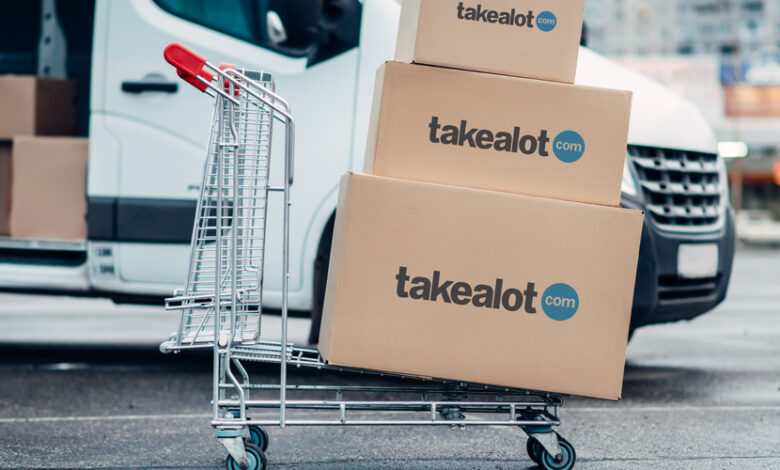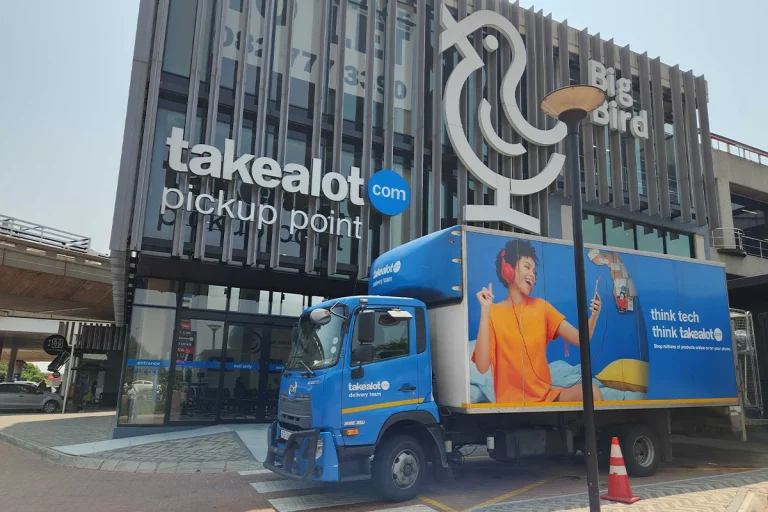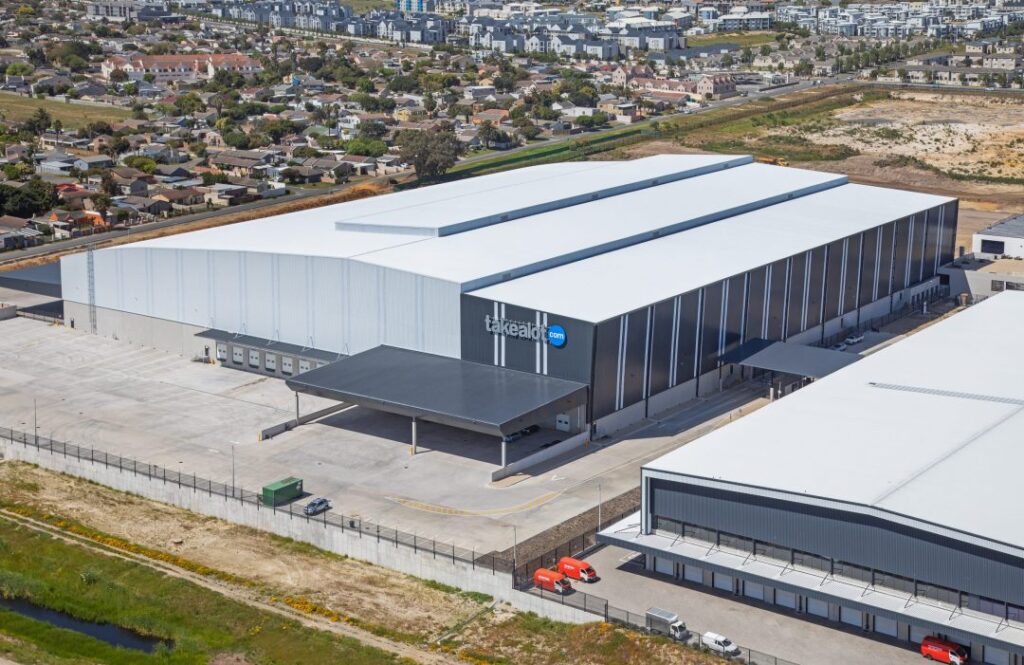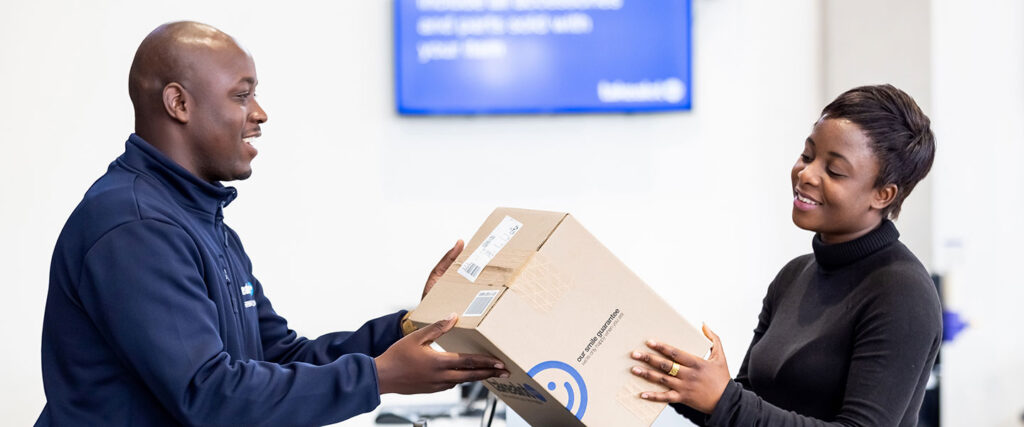How Takealot Became South Africa’s Amazon

How Takealot Became South Africa’s Amazon. Takealot has transformed South Africa’s retail landscape, emerging as the country’s leading e-commerce platform and earning the nickname “South Africa’s Amazon.” Founded in 2011, Takealot started as a bold venture in a market where online shopping was still in its infancy. Through strategic innovation, resilience, and customer-centricity, the company overcame numerous challenges to build a trusted digital marketplace.
The Birth of Takealot: A Bold Vision
Takealot was born from the acquisition and rebranding of an existing e-commerce platform, Take2, by Tiger Global Management and South African entrepreneur Kim Reid. The founders had a clear vision: to create a world-class online shopping experience tailored to the South African market.
At a time when internet penetration was low and e-commerce adoption lagged, this vision required significant investment and risk-taking. Takealot’s early focus was on building infrastructure, warehousing, and logistics to ensure smooth operations—a crucial step that laid the foundation for its future growth.

Investment in Logistics
One of Takealot’s first major moves was the acquisition of Mr. Delivery, a food and courier delivery service. This decision gave Takealot control over its logistics network, enabling it to offer reliable delivery services across South Africa.
This move set Takealot apart from competitors that relied on third-party logistics providers. By owning its delivery infrastructure, Takealot could control delivery times, offer faster service, and enhance customer satisfaction.
Lesson: Owning critical parts of your value chain can give you a competitive edge and improve customer experience.
Merging with Kalahari
In 2014, Takealot merged with Kalahari.com, its biggest competitor at the time. This merger eliminated competition, expanded the company’s product catalog, and consolidated market share. The integration of resources and customer bases positioned Takealot as South Africa’s leading e-commerce platform.
However, the merger wasn’t without challenges. The integration process required significant effort to align operations, technology, and corporate cultures. Despite initial friction, the long-term benefits far outweighed the difficulties.
Lesson: Strategic mergers can be powerful growth drivers, but they require careful planning and execution to succeed.
Embracing a Marketplace Model
Takealot shifted to a marketplace model, allowing third-party sellers to list their products on the platform. This move significantly expanded the range of products available to customers without requiring Takealot to hold inventory for every item.
The marketplace model also helped Takealot tap into South Africa’s entrepreneurial ecosystem, giving small businesses and local sellers a platform to reach a national audience.
Lesson: Leveraging a marketplace model can scale your business while fostering community growth and collaboration.

Overcoming Challenges: Trust and Adoption
In its early years, Takealot faced significant hurdles in building trust among South African consumers. Many people were skeptical about online shopping due to concerns about payment security, product quality, and delivery reliability.
To address these concerns, Takealot introduced multiple payment options, including cash-on-delivery, and implemented a no-questions-asked returns policy. These customer-friendly policies helped build trust and encouraged first-time buyers to try online shopping.
Lesson: Addressing customer concerns head-on is critical for building trust and driving adoption in emerging markets.
Capitalizing on South Africa’s Mobile Revolution
Takealot was quick to recognize the growing importance of mobile devices in South Africa, where smartphones became the primary tool for internet access. The company invested heavily in mobile app development, ensuring a seamless shopping experience on mobile devices.
By prioritizing mobile, Takealot capitalized on South Africa’s mobile-first culture and positioned itself as a forward-thinking brand.
Lesson: Identify and adapt to the technological habits of your target audience to remain relevant and accessible.
Innovation During the COVID-19 Pandemic
The COVID-19 pandemic accelerated the adoption of e-commerce worldwide, and Takealot was no exception. With physical stores closed, the platform became a lifeline for consumers seeking essential goods, electronics, and entertainment.
Takealot adapted quickly, prioritizing essential items, implementing safety protocols for deliveries, and scaling its operations to handle increased demand. This period cemented Takealot’s position as an indispensable part of South African retail.
Lesson: Be agile and responsive during times of crisis to meet changing customer needs and solidify your brand’s value.
Customer-Centric Strategies: Building Loyalty
Takealot has consistently prioritized customer experience. Its easy-to-navigate platform, multiple payment options, detailed product reviews, and reliable delivery have created a loyal customer base. The introduction of Takealot Delivery Team (The Blue Guys) added a personal touch to deliveries, enhancing customer satisfaction.
Moreover, Takealot’s frequent sales, like the annual Blue Dot Sale, have driven customer engagement and boosted revenue.
Lesson: A strong focus on customer experience can turn one-time buyers into lifelong advocates.

How Takealot Capitalized on Culture
Takealot thrived by tapping into South Africa’s culture of convenience, affordability, and community. By offering competitive pricing, accessible payment options, and a broad product range, Takealot catered to the diverse needs of South African consumers.
The platform’s ability to empower local entrepreneurs and support small businesses further endeared it to a market that values community-driven growth.
Lesson: Align your brand’s mission with the cultural values of your audience to build deeper connections.
Conclusion
Takealot’s journey from a fledgling e-commerce venture to South Africa’s Amazon is a testament to the power of vision, adaptability, and relentless customer focus. By addressing market gaps, overcoming challenges, and embracing innovation, Takealot has reshaped the way South Africans shop online.



